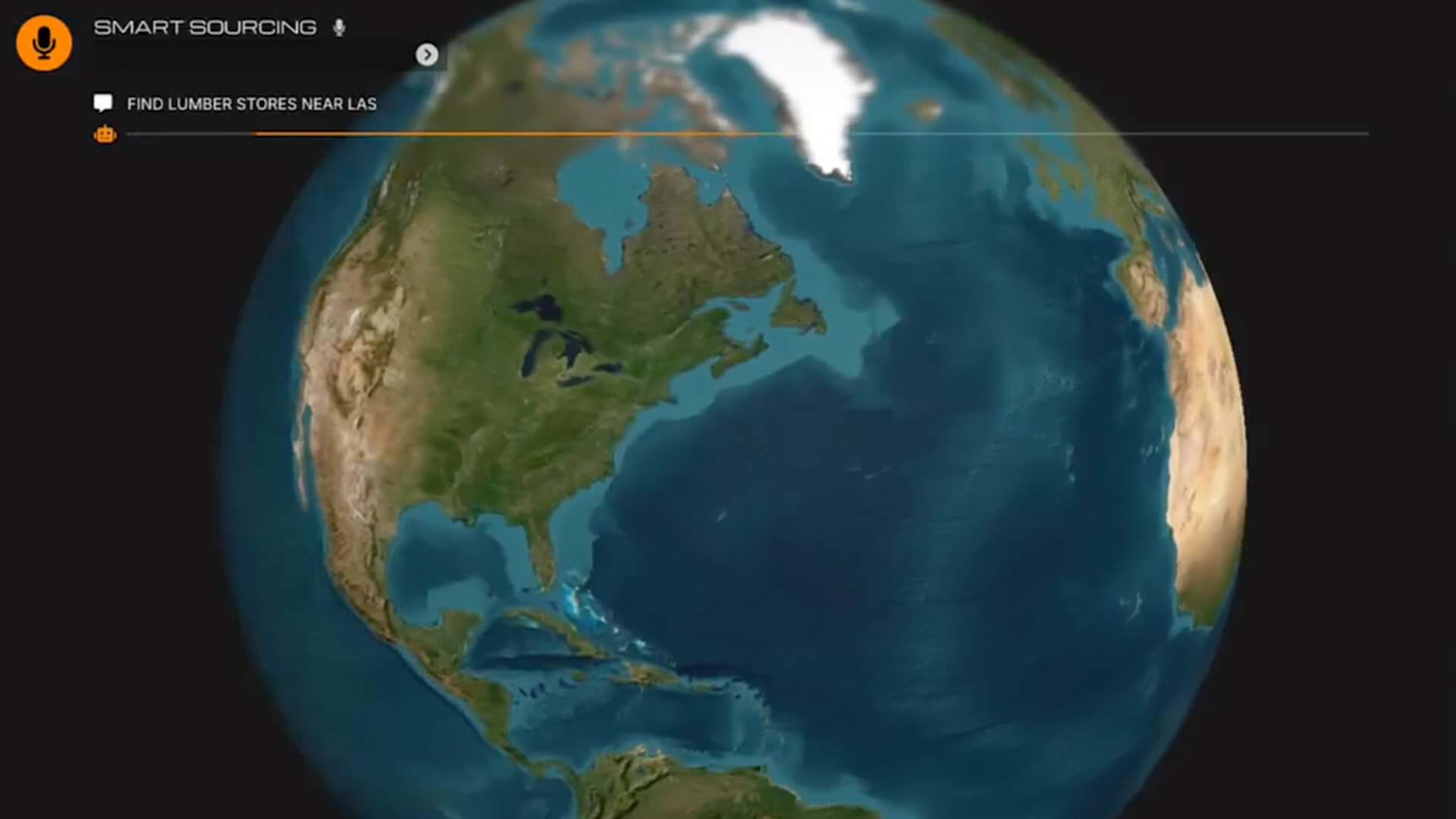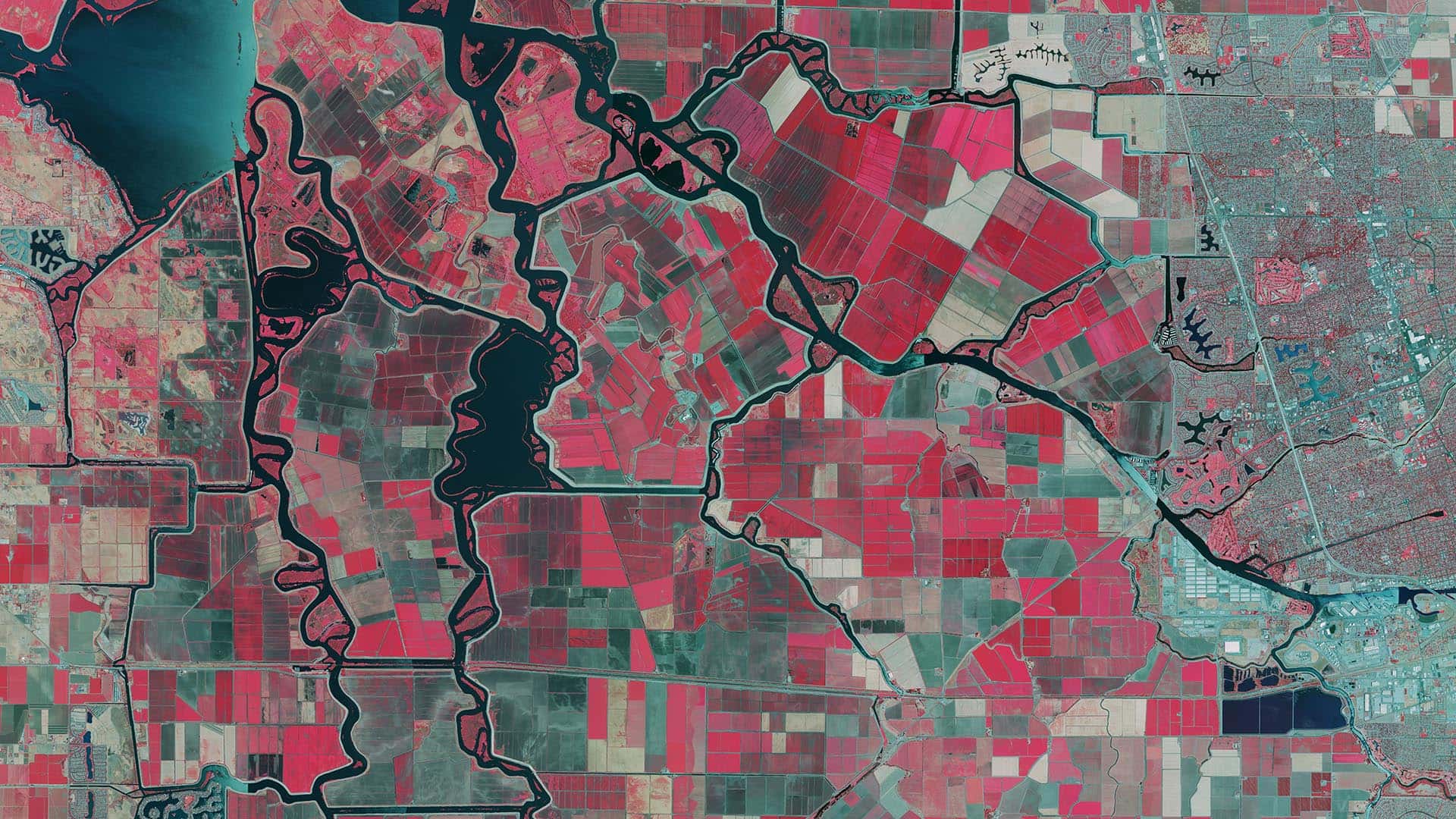“Make me a map.”
It’s a refrain heard countless times by teams that manage geographic information system (GIS) technology. All too often, building one-off basic visualizations keeps them from delivering the high-value insights their organizations truly need.
Now, breakthroughs in combining generative AI with GIS software are beginning to make that phrase obsolete. This shift has far-reaching implications for how GIS teams operate and how executives, managers, and frontline workers leverage location intelligence across the enterprise.
AI models can now translate human language into code that performs spatial analysis, allowing anyone to create maps and applications on command. The synthesis of generative AI for natural prompts and geospatial AI for data analysis throws open the doors to enterprise location intelligence, shortening time to insight across the organization.
It also steers GIS professionals toward complex challenges that require their intuition and expertise.
Location Intelligence on Demand vs. ‘Make Me a Map’
The video demo below shows how generative AI and GIS might work together—and why business leaders are excited about the opportunity to increase efficiency, uncover connections, and improve decision-making.
A single command gives supply chain managers complete visibility—from source to sale. They can locate regional suppliers, measure transportation distances, and assess biodiversity impacts.
Similarly, a retail executive could request a map of the brand’s highest-performing stores, without ever loading a spreadsheet or writing a line of code.
At leading businesses where GIS teams already deliver critical insights company-wide, this functionality enhances their capabilities and expands the practical benefits of enterprise GIS throughout the organization.
A geospatial visionary at one global energy company built an enterprise GIS platform that gave employees self-serve access to location insight. “By letting users create the tools they need,” he advised, “a business can quickly convert data and information into insights.”
An enterprise mapping system enhanced with generative and geospatial AI could widen access to location intelligence in almost any field or industry. An insurance professional could use generative AI to create a simple app for policyholders. The geospatial AI in the app can analyze photos of a hurricane-hit property and immediately interpret the type and magnitude of damage.
As the energy visionary put it: “This evolution is enabling almost anyone to build apps and workflows faster than we could produce [them] in a central team, and this is making our business smarter and faster than ever.”
Speeding Up the Shift to Enterprise GIS
Companies have been interested in enterprise GIS since before the explosion of generative AI tools. With GIS established as a single source of truth, maps and applications across an organization can be trusted to reflect accurate, centralized data. The rise of the mobile enterprise has only expanded the need for reliable, shared spatial information.
With generative AI democratizing access to predictions and analysis from geospatial AI, the next time a GIS professional hears someone say, “Make me a map,” they might answer, “Actually, here’s how you can make it yourself.”
Editor’s note: To see the original video and related content, visit Sajit Thomas’s LinkedIn post.
The Esri Brief
Trending insights from WhereNext and other leading publicationsTrending articles
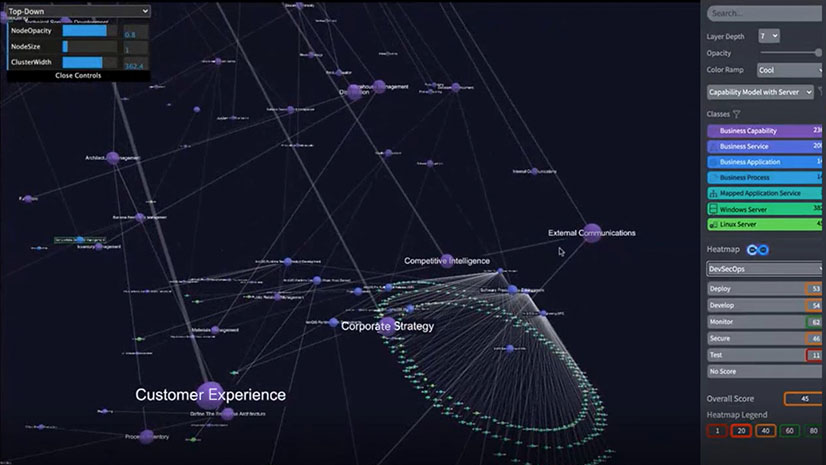
December 5, 2024 |
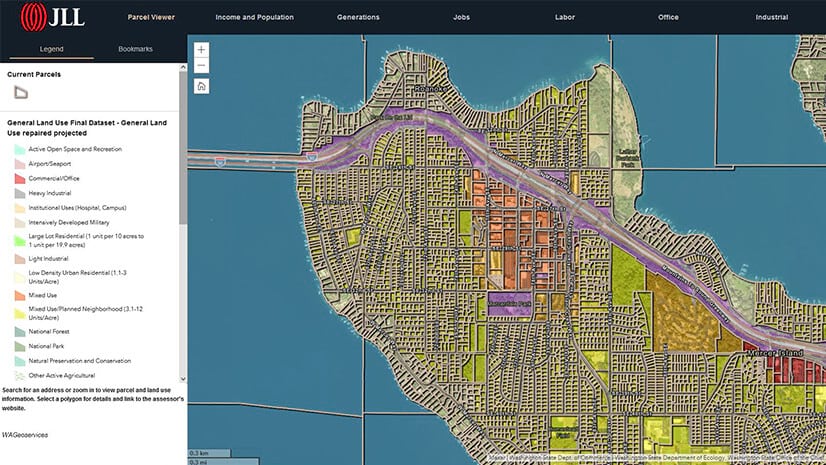
July 25, 2023 |
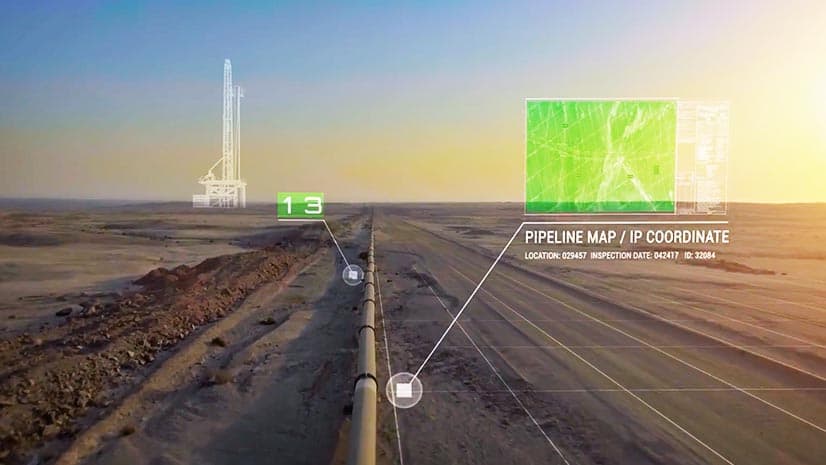
November 12, 2018 |

April 29, 2025 |

February 1, 2022 |
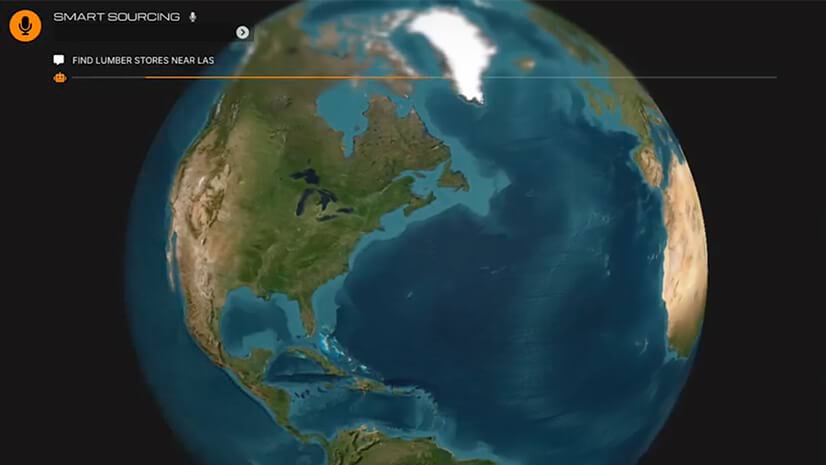
April 1, 2025 |
